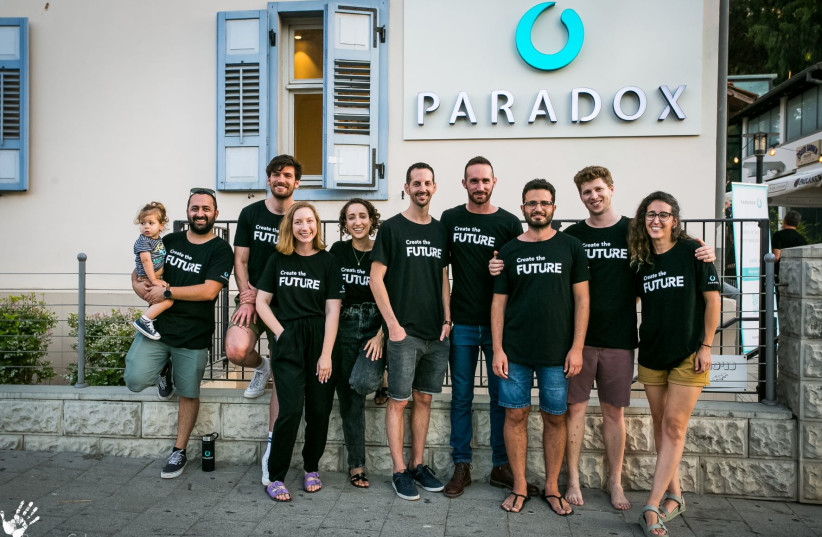Paradox, the startup that developed Olivia - a digital recruiter that communicates with job applicants, completed a $200 million round of funding at a value of $1.5 billion and has become a unicorn, due to the company's investment in the digital recruiter.
Olivia, Paradox's core product, is a virtual personal assistant that joins human recruitment teams and helps them automate all recruitment processes. For example, the software checks and screens the suitability of a resume for relevant jobs, carries out automatic interview scheduling, reminds the candidate to fill out forms and provides information that would be accessible to recruitment teams and other candidates. It can also send job offers automatically to possible candidates.
Over the past year, Olivia has conducted 30 million job interviews for hundreds of companies in some 50 countries and has independently scheduled 3.1 million interviews. Paradox began operating in Israel in early 2021 after acquiring the startup Spetz, whose workers integrated with the company.
Communication with clients is also done during nights, weekends and holidays. Olivia is managed directly from the Chrome browser via a special plugin, while candidates can choose the way they receive messages, the most popular in Israel being through WhatsApp.
Olivia learns each of the conversations through A.I. and draws insights from them to improve the algorithm.

"We see a future where people invest more time in people, and not in front of computers," says Yam Dvir, CEO of Paradox Israel. "HR personnel and recruitment teams invest an average of 25 hours per week in repetitive technical tasks. The system we developed allows human resource teams to free up valuable time from tedious tasks and invest it in people, rather than in front of computers."
